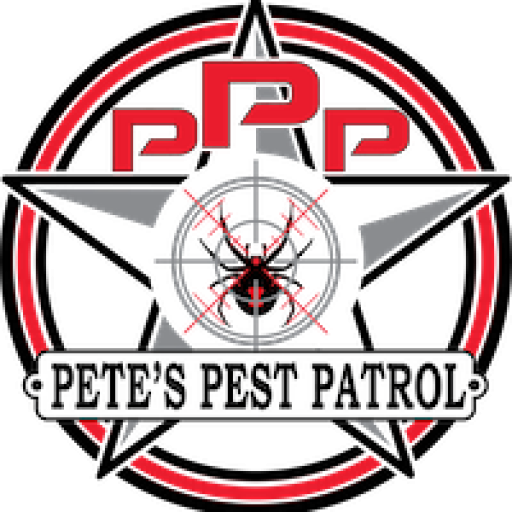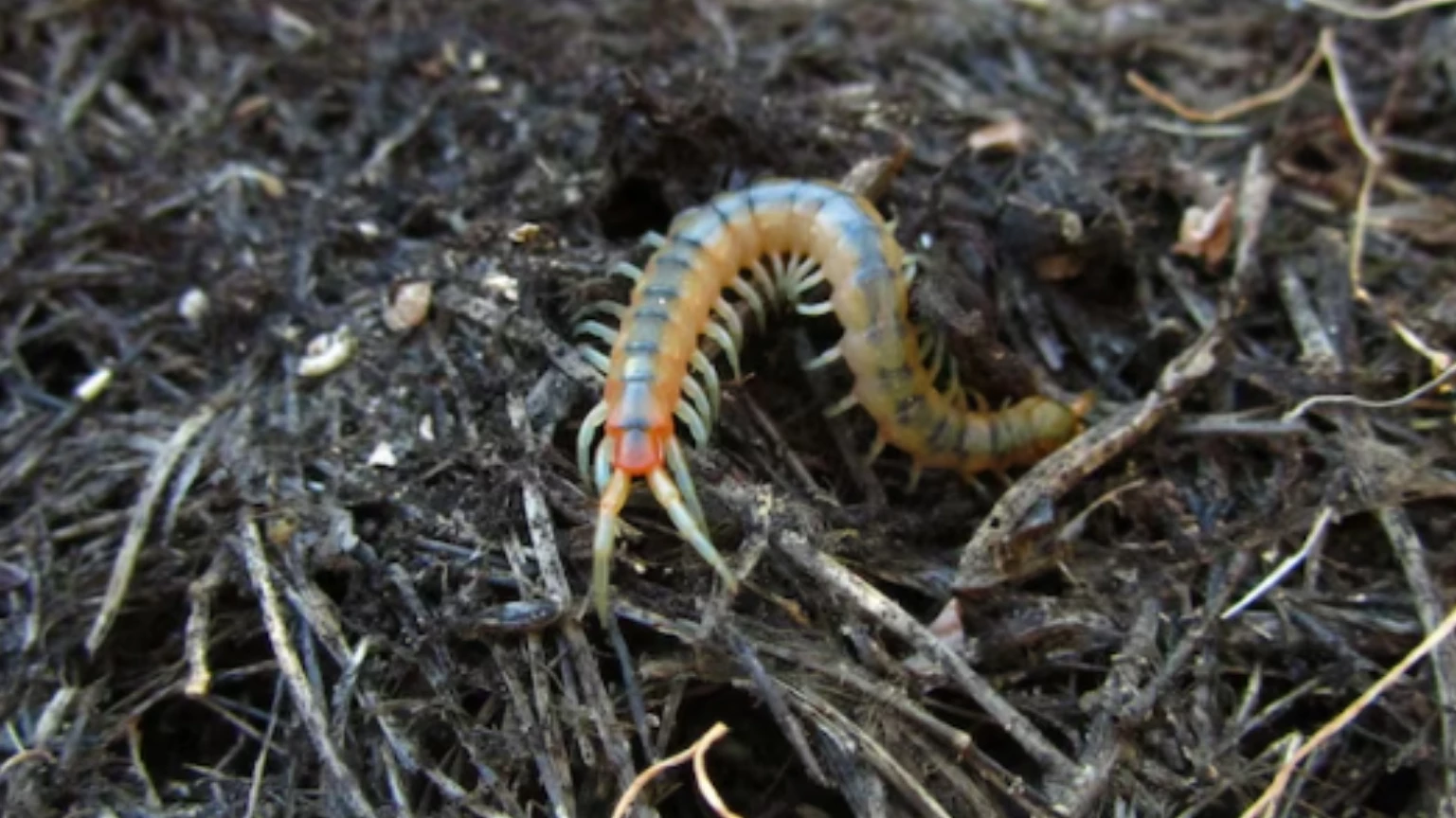Centipedes can be unwelcome guests in our homes, often giving us quite a scare when they dart across the floor. These multi-legged invaders prefer dark, damp environments, making basements, bathrooms, and under-sink areas their favorite spots.
While centipedes help by eating other pests, having them indoors is usually undesirable. This guide will show you effective ways to deal with a centipede invasion. We’ll cover preventative measures, natural remedies, and when to call in professional help.
By understanding their habits and knowing how to manage their presence, you can maintain a centipede-free home. Let’s explore the best strategies to keep these creepy crawlies at bay and ensure your living space remains comfortable and pest-free.
How frequently should homes undergo professional pest control services to prevent centipede invasions?
The frequency of professional pest control services to prevent centipede invasions depends on several factors, including the severity of past infestations, the geographical location of the home, and environmental conditions conducive to centipede activity. In general, scheduling pest control services regularly is recommended as part of a proactive approach to pest management.
Quarterly or bi-annual pest control treatments may be advisable for homes located in areas with a high prevalence of centipedes or where environmental conditions are particularly favorable for their activity. These regular treatments help maintain a protective barrier around the home’s perimeter, reducing the likelihood of centipedes gaining access.
However, annual pest control services may be sufficient to prevent infestations in areas with milder climates or lower centipede populations. You should visit a pest control professional to examine your home’s needs and create a customized treatment strategy location and risk factors.
Additionally, homeowners can supplement professional pest control services with proactive measures such as sealing cracks and crevices, reducing moisture levels, and minimizing clutter to create an inhospitable environment for centipedes. Regular inspections and timely action on signs centipede activity can also help prevent infestations from taking hold.
Which pest control methods specifically target centipedes effectively?
Several pest control methods specifically target centipedes effectively:
- Moisture Control: Centipedes prefer damp settings. Thus, household moisture must be reduced to deter them. Fixing leaks, boosting ventilation, and utilizing dehumidifiers in basements, crawl spaces, and bathrooms can reduce centipede populations.
- Sealing Entry Points: Centipedes often enter homes through cracks, gaps, and other openings in the foundation, walls, doors, and windows. Sealing these entry points with caulk, weatherstripping, or sealant helps prevent centipedes from gaining access indoors.
- Indoor Cleanup: Regular cleaning and decluttering can help eliminate hiding spots and food sources for centipedes. Vacuuming floors, wiping down surfaces, and removing organic debris such as leaves and mulch from around the home reduces the likelihood of centipede infestations.
- Exterior Treatments: Residual insecticides around the home’s perimeter and entry points can deter and kill centipedes. Pyrethrins, pyrethroids, and diatomaceous earth also work against centipedes when used as directed.
- Sticky Traps: Placing sticky traps or glue boards along baseboards, corners, and other areas frequented by centipedes can help capture them and reduce populations indoors. These traps are non-toxic and serve as a monitoring tool to assess the effectiveness of control measures.
- Natural Predators: Introducing natural predators such as ground beetles, spiders, and centipede-eating insects into the environment can help control centipede populations outdoors. However, this method may only suit some situations and should be used cautiously.
With proactive steps to address conducive conditions and access locations, homeowners may manage centipede infestations and prevent recurrence. Regular monitoring and maintenance are needed to evaluate and adapt control methods.
Are there any eco-friendly pest control options available for managing centipede populations?
Yes, there are several eco-friendly pest control options available for managing centipede populations:
- Diatomaceous Earth (DE): DE is a natural, non-toxic substance made from the fossilized remains of diatoms. It works by abrading insects’ exoskeletons, causing them to dehydrate and die. DE can be applied as dust around the perimeter of the home and in areas where centipedes are active.
- Essential Oils: Certain essential oils, such as peppermint oil, citrus oil, and tea tree oil, have insecticidal properties and can repel centipedes. Dilute the oils in water and spray them around entry points, baseboards, and other areas where centipedes may enter or hide.
- Cedar Oil: Cedar oil is a natural insect repellent effective against various pests, including centipedes. Spray cedar oil around the home’s perimeter and in areas where centipedes are active to deter them.
- Beneficial Nematodes: Beneficial nematodes are microscopic worms that feed on soil-dwelling pests, including centipede larvae. They can be applied to the soil in outdoor areas where centipedes are active to help reduce populations naturally.
- Physical Barriers: Creating physical barriers around the home’s perimeter, such as gravel or diatomaceous earth barriers, can deter centipedes from entering. These barriers are eco-friendly and help prevent centipedes from gaining access to the interior.
- Sticky Traps: Sticky traps or glue boards are non-toxic and can be used indoors to capture centipedes. They serve as a monitoring tool to assess the level of infestation and can help reduce populations over time.
When using eco-friendly pest control options, following application instructions carefully and monitoring their effectiveness regularly is essential. While these methods are generally safe for humans and pets, it’s still advisable to use caution and avoid direct contact with the products.
What qualifications and certifications should one look for when hiring a pest control service to deal with centipedes?
When hiring a pest control service to deal with centipedes, it’s essential to look for qualifications and certifications that demonstrate the company’s expertise in pest management and commitment to safety and professionalism. Here are some basic qualifications and certifications to consider:
- Pest Control License: Ensure that the pest control company holds a valid license issued by the relevant regulatory authority in your area. A license indicates that the company has met the requirements and has been authorized to perform pest control services.
- Certifications: Check certificates from recognized organizations like the NPMA or state pest control groups. These certificates prove the organization is trained to handle insect infestations, including centipedes.
- Integrated Pest Management (IPM) Certification: IPM certification indicates that the company is trained in integrated pest management principles, which emphasize using multiple control tactics, including non-chemical methods, to manage pests safely and effectively.
- Applicator Certification: Make sure that the pest treatment company’s technicians are certified pesticide applicators. Technicians are certified to safely handle and apply pesticides to reduce health and environmental concerns.
- Insurance and Bonding: Verify that the pest control company carries liability insurance and is bonded. Insurance protects against accidental damage or injury during the pest control process, while bonding provides financial security in the event of non-compliance with contractual obligations.
- Experience and Reputation: Consider the company’s expertise and reputation in the pest control industry. Look for reviews and testimonials from previous customers and inquire about the company’s track record in dealing with centipede infestations specifically.
By ensuring that the pest control service you hire possesses the necessary qualifications and certifications, you can have confidence in their ability to effectively manage centipede infestations while adhering to industry standards and regulations.
Deal With Centipede Invasion the Expert Way!
Our skilled team provides quick, customized solutions. With careful examinations and modern techniques, we pinpoint the infestation’s source and severity and apply exact treatment. We offer moisture control and eco-friendly solutions to eliminate centipedes and prevent their reappearance. Pete’s Pest Patrol provides experienced advice and effective remedies to restore home quiet and comfort. Contact us now!

